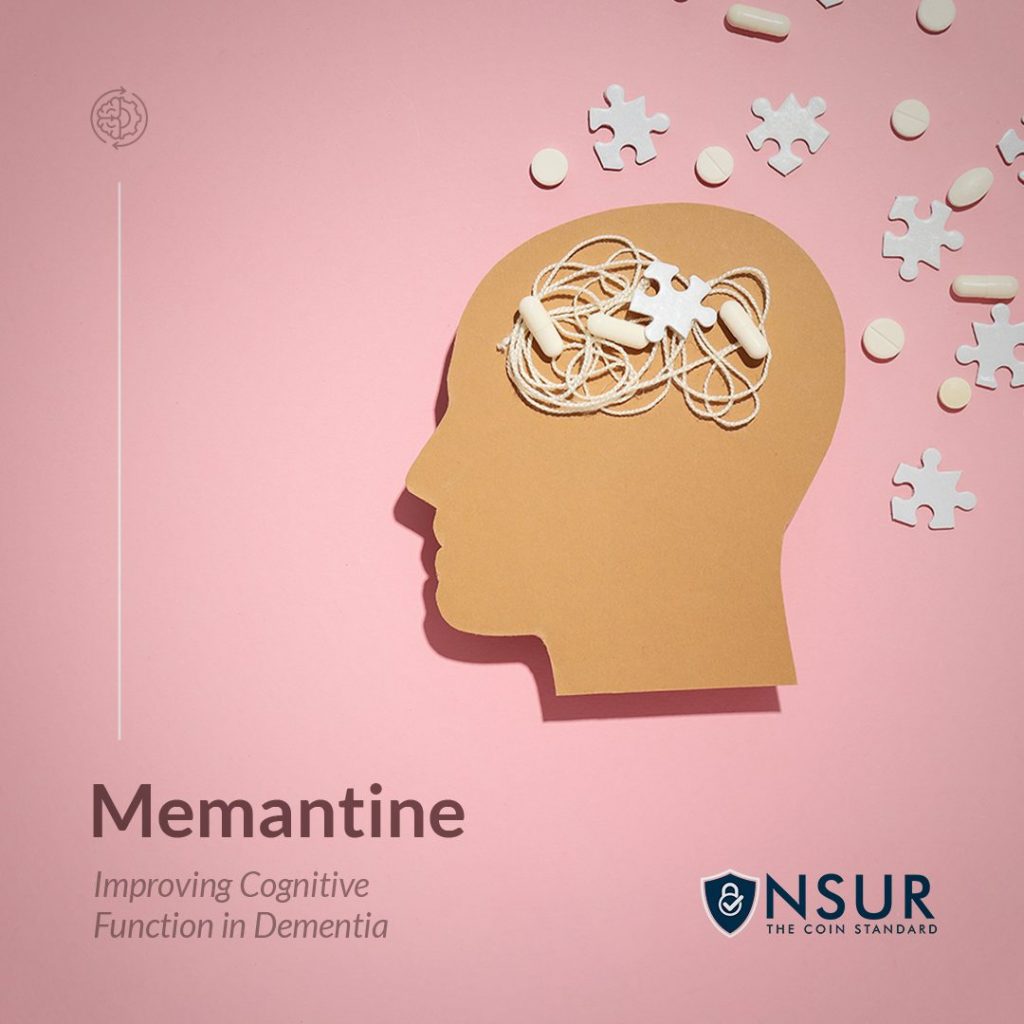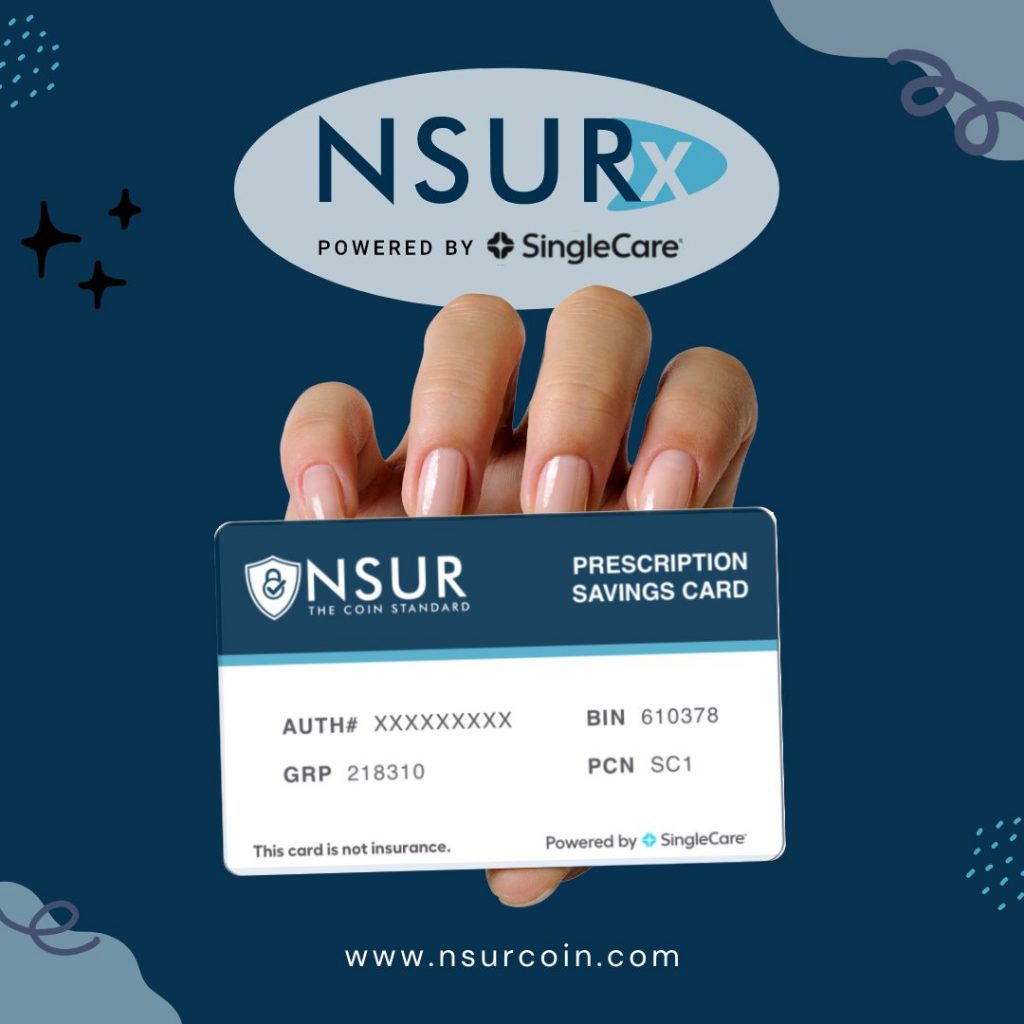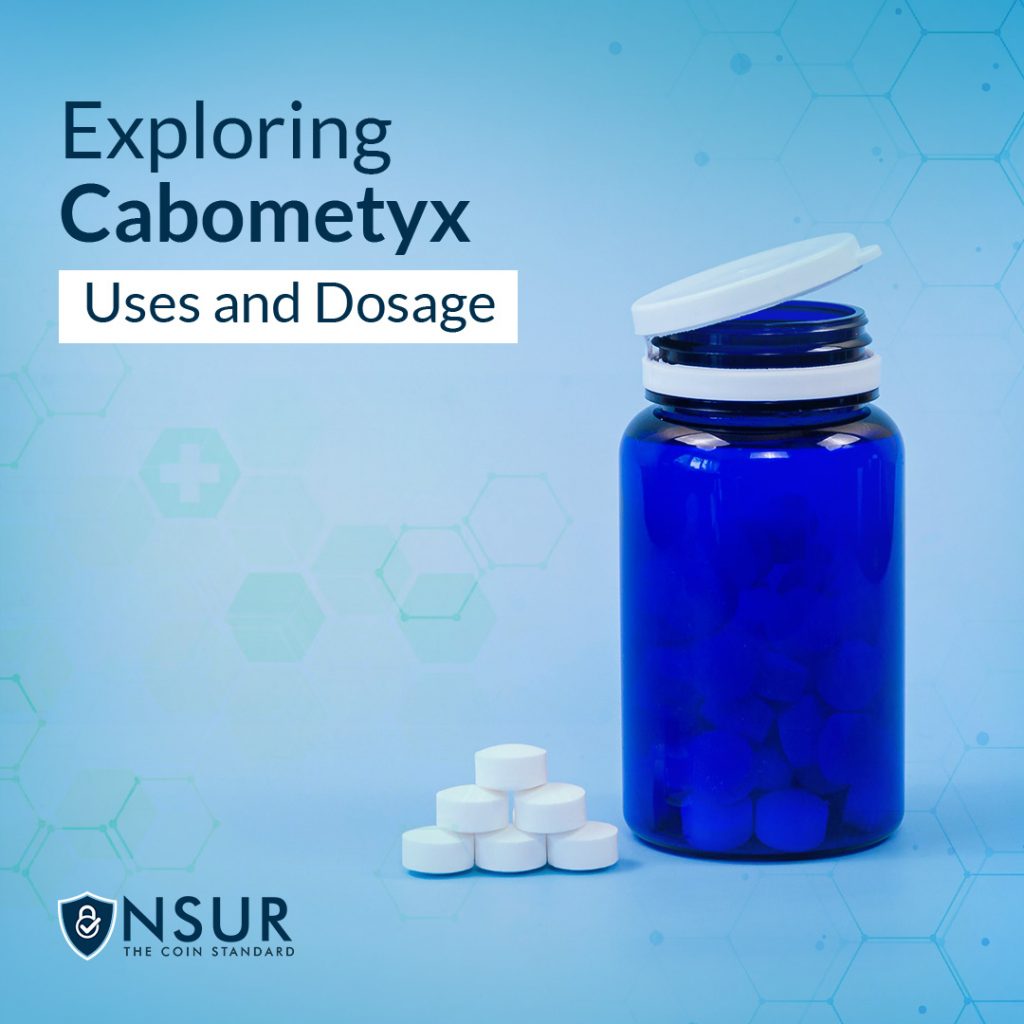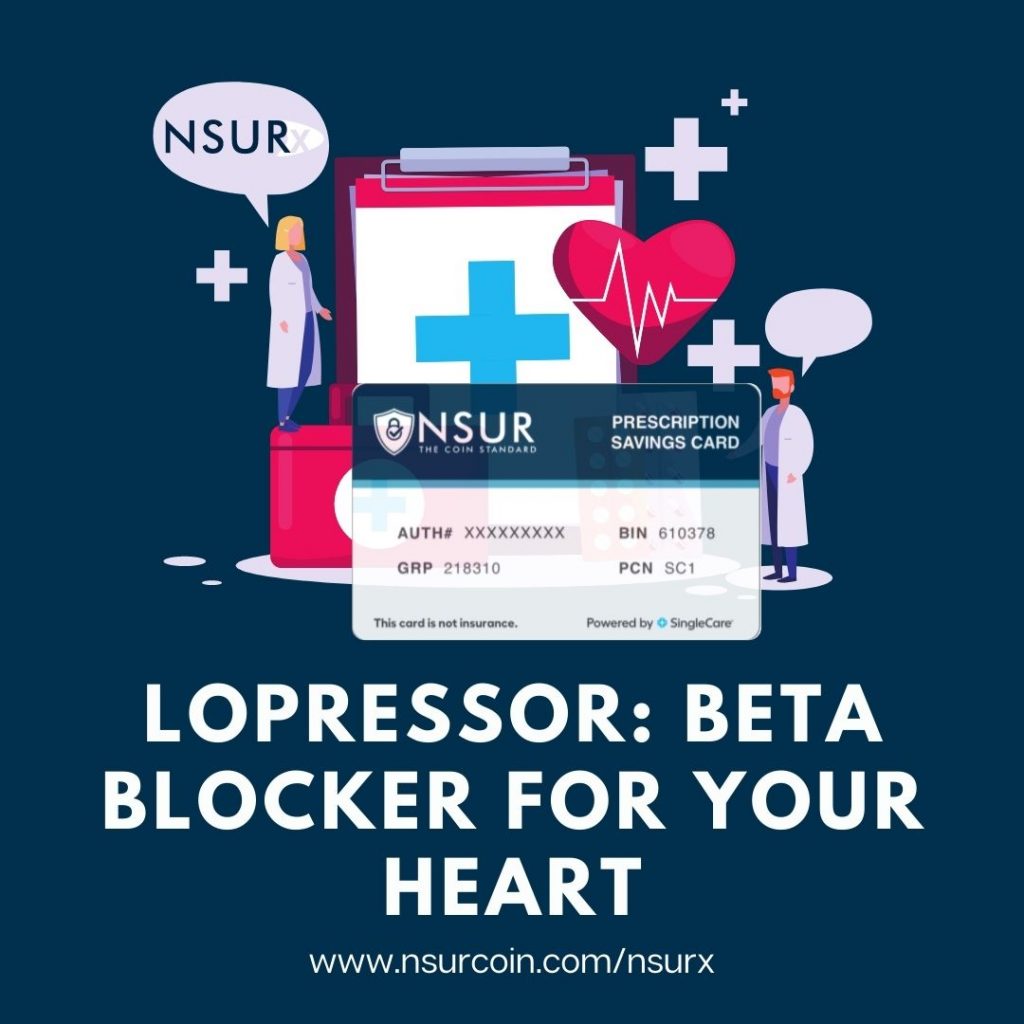
Dementia, a debilitating condition that affects millions worldwide, has long been a challenge for both caregivers and the medical community. It erodes memory, thinking, behavior, and the ability to perform everyday activities. Alzheimer’s disease accounts for 60-80% of cases, making it the most common form of dementia. Amidst this, Memantine emerges as a beacon of hope, offering a chance to improve cognitive function and quality of life for those affected.
What is Memantine?
Memantine is a medication approved by the FDA for the treatment of moderate to severe Alzheimer’s disease. It belongs to a class of drugs known as NMDA (N-methyl-D-aspartate) receptor antagonists. Unlike other treatments that focus on the symptoms, Memantine targets the disease’s underlying processes. It works by regulating the activity of glutamate, a chemical messenger involved in learning and memory. By blocking excess glutamate, which can lead to brain cell death, Memantine helps slow the progression of cognitive symptoms in some patients.
The Impact of Memantine on Cognitive Function
The journey of Memantine from prescription to impacting a patient’s life is marked by careful consideration and hope. Studies have shown that Memantine can improve cognitive functions such as memory, attention, reason, language, and the ability to perform simple tasks. While it’s not a cure for Alzheimer’s, it provides a significant improvement in the quality of life for both patients and their caregivers.
For instance, in a clinical setting, patients receiving Memantine have shown slower decline in cognitive functions compared to those on a placebo. This effect translates into more coherent conversations, a better grasp of daily routines, and, in some cases, prolonged independence. The benefits of Memantine, although varying from person to person, underscore its value in managing dementia.
The Treatment Regimen
Memantine is usually started at a low dose, which is gradually increased to avoid side effects such as dizziness, headache, and constipation. It’s taken orally, once or twice a day, and can be used alone or with other Alzheimer’s medications like donepezil (Aricept), which works by a different mechanism. The combination of these treatments has been found to offer additional benefits for some patients.
It’s crucial for caregivers and patients to understand that while Memantine can improve symptoms, monitoring and adjusting the treatment plan is key to managing expectations and outcomes.
Real-life Experiences
The real testament to Memantine’s impact comes from the stories of those it has touched. Caregivers often share their journeys, noting improvements that, while may seem minor to outsiders, are monumental for them. The ability of a loved one to remember a grandchild’s name, engage in a hobby they once enjoyed, or simply express their needs can significantly change the caregiving experience.
The Road Ahead
Research into Memantine and other treatments for dementia is ongoing. Scientists are exploring higher doses, combination therapies, and the potential benefits of Memantine in early-stage Alzheimer’s and other forms of dementia. The hope is that with continued research, more effective treatments will emerge, offering better outcomes for those affected by this condition.
Take advantage of NSURx for your prescription drugs!
With the NSURx Prescription Benefit Card, you can save money on your medications at more than 35,000 pharmacies across the United States.
You can save up to 80% on your medication by using an NSURx card. Hundreds of dollars in savings could be yours every time you fill out your prescription.
The more you shop with NSURx, the more NSUR Coins you will receive as a reward.
Final Thoughts
Memantine represents a step forward in the battle against dementia, providing a glimmer of hope for improved cognitive function and quality of life. While it’s not a cure, its ability to slow the progression of symptoms offers precious time and more meaningful interactions for patients and their families. As we look to the future, the promise of further advancements gives us reason to hope for even more significant improvements in dementia care.
Disclaimer
This blog post is intended for informational purposes only and should not be considered a substitute for professional medical advice. Always consult with a qualified healthcare provider for personalized recommendations and guidance.










